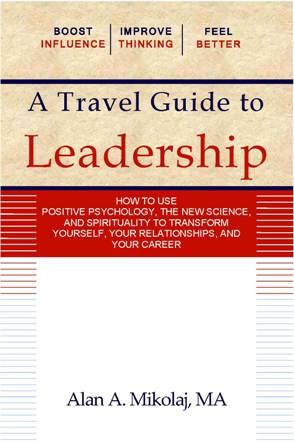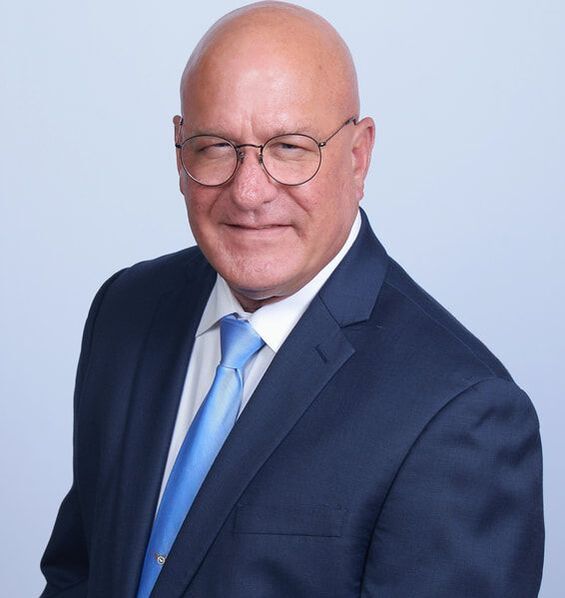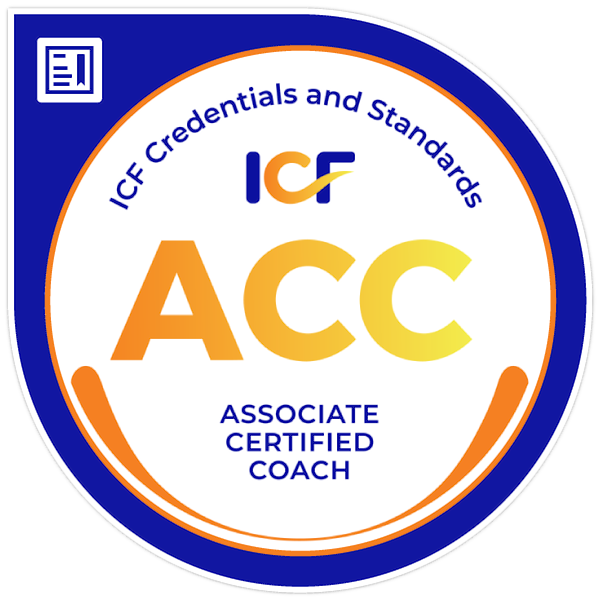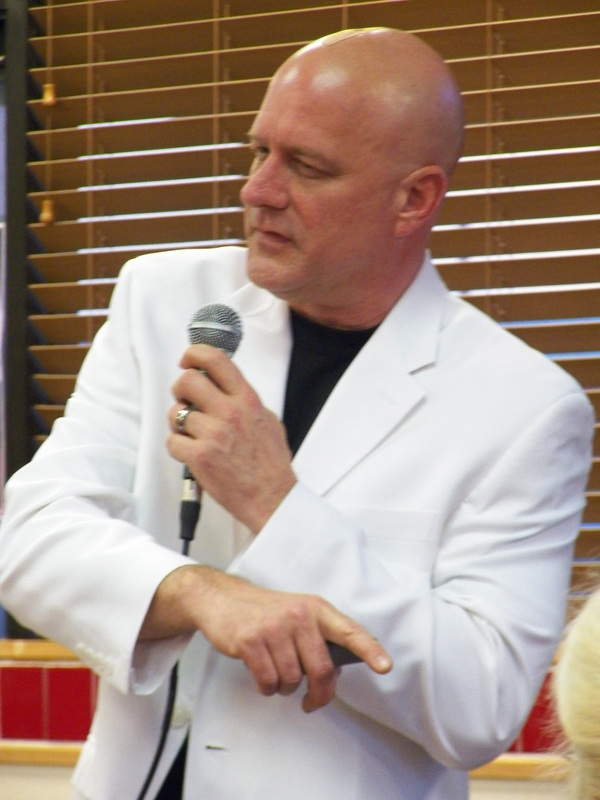Amazingly, we have found that it all comes down to a simple mathematical formula; no matter what style your marriage follows, you must have at least five times as many positive as negative moments together if your marriage is to be stable. JOHN GOTTMAN  The Magic Ratio The Magic Ratio In the realm of successful leadership, a transformative concept known as the "Magic Ratio" has emerged, igniting new paths to thriving and flourishing relationships and teams, both personal and professional. Pioneered by Dr. Daniel Gottman, a renowned psychologist with an extensive body of work, the Magic Ratio encapsulates a profound revelation that transcends the boundaries of human interactions. Dr. Gottman's journey into understanding the dynamics of successful marriages began in 1972, eventually leading him to uncover a pivotal truth. His groundbreaking research unveiled a simple yet impactful mathematical formula that serves as a guiding light for leaders seeking to foster prosperous relationships and create thriving environments. Unveiling the Magic Ratio In a world where complexities abound, Dr. Gottman distilled his years of meticulous research into a remarkable insight: The secret to a stable and flourishing relationship lies within the balance of positive and negative interactions. This profound revelation, often referred to as the Magic Ratio, posits that in order for a relationship to be stable and healthy, a minimum of five positive interactions are required to offset the impact of a single negative encounter or a ratio of 5:1. Drawing from a comprehensive study involving over 650 couples across fourteen years, Dr. Gottman and his team delved into the intricate fabric of human communication. Their analyses encompassed not only verbal exchanges but also nonverbal cues, physiological responses, and more. Through this meticulous scrutiny, a staggering ninety-three percent accuracy rate in predicting marital stability or divorce was achieved. Evolutionary Underpinnings This heightened sensitivity to negativity, deeply ingrained in our evolutionary history, plays a critical role in our survival instincts. In ancient times, our ancestors' acute awareness of potential threats ensured their continued existence. While this disposition proved advantageous then, it often hinders our modern interactions and decision-making processes. Any negative thought or feeling we have interferes with the higher-order parts of our brain that are involved with language processing, listening, and speech. In fact, simply seeing the word ‘NO’ induces the stress response while seeing the word ‘YES’ has minimal influence on our stress. Harnessing the Power of Positivity To counterbalance this inherent bias towards negativity, Dr. Gottman introduces an analogy that resonates profoundly. He likens our perception to a stereo system with two channels—one broadcasting positivity and the other projecting negativity. Our inclination to tune into the negative channel, driven by evolutionary adaptations, necessitates intentional efforts to amplify the positive counterpart. Research has identified that it takes three positive interactions to offset just one negative one—or a P/N ratio of 3:1 as the breaking point on the path towards thriving and flourishing.  The Magic Ratio & High Performance Teams The significance of the Magic Ratio extends beyond marital relationships, permeating various facets of leadership and team performance. High-performance teams in the corporate realm, akin to thriving couples, exhibit a similar positivity-to-negativity ratio or P/N. This ratio, illustrated by research from Meta Learning and the University of Michigan Business School, confirmed what Gottman found true for successful marriages was also true for high performance business teams. High performance teams, which they called flourishing teams, had P/N ratios of around 6:1. Medium to low performance or languishing teams had P/N ratios at or below 2:1. There's also an upper limit that just becomes too pollyannish to be believable or productive for high performance. This creates a "flourishing zone" that researchers Marcial Losada and Emily Heaphy dubbed "The Losada Zone" between P/N ratios of 3:1 and 11:1. Some Negativity is Necessary Interestingly, there must be some negativity in order for flourishing and high performance to emerge—not toxicity, stonewalling, loneliness, or defensiveness, but feedback. Some form of feedback, even if it's hard to hear, is necessary for high performance to emerge. And that makes sense. In order to improve and elevate at anything, we must receive feedback on our performance, behaviors, milestones, and goal attainment attempts. Feedback is critical because of its ability to grab our attention. Second, negative feedback guards against complacency and groupthink. And third, research from the Harvard Business Review shows that it helps leaders overcome serious weaknesses. So, there must be something in the 'N' side of the ratio. The Ratio and Broaden and Build Theory The higher positivity/negativity ratio that high performance teams displayed to one another broadened the choices available to the teams. It created “emotional spaces” that opened possibilities for action that the medium and low performing teams just didn’t have. Their higher negativity restricted emotional spaces that closed possibilities for action. In the words of the researchers, “Emotional spaces are created by the P/N ratios: high ratios create expansive emotional spaces and low ratios create restrictive emotional spaces.” Think about the last time you felt anxious, jealous, impatient, frustrated, or even angry. Those types of negative feelings restrict our thinking and options. When I’m angry, stressed, and/or frustrated, it much harder to broaden and build, to be creative, curious, and even playful. From the Positive Psychology website, "At the crux of her theory, Fredrickson (1998) argues that while negative emotions narrow thought-action repertoires, positive emotions broaden these repertoires, enabling us to draw on a wide array of possible cognitions and behaviors in response to emotional stimuli." Contrast that with a time you felt joyous, free, ‘in the flow,’ appreciated or appreciative, or loving. When we feel good, our creative energy provides us with more expansive and productive options than when we feel bad. Remember the research on happy people? It has been repeatedly demonstrated that happy people aren’t just feeling better—they are performing better in almost every major aspect of life. This is also true of happy marriages and high-performing business teams. Navigating the Path to Positivity As leaders, nurturing a culture of positivity demands deliberate actions. Dr. Gottman's wisdom imparts nine impactful ways to infuse positivity into relationships, fostering expansive emotional spaces and bolstering the array of choices available. I've added one of my own at the bottom of the list. Nine Impactful Ways to Infuse Positivity
In preparation for a serious dialogue, use your imagination to visualize and even rehearse a conversation that is filled with positivity, kindness, and optimism. Have an amazing journey today! Alan Mikolaj is a coach and leadership development consultant with 15+ years of experience. He is passionate about helping leaders transform their leadership, their teams, and their organizations. Impactful, professional approach driven by a passion for meaning and purpose, a growth mindset, and a commitment to excellence and service in order to drive change and results. Alan maintains the ethics and standards of behavior established by the International Coaching Federation (ICF), including the standards regarding confidentiality. You can learn more about them on the ICF website. Transformational change starts with a conversation! Alan is on a mission to partner with like-minded leaders who want to make a positive difference in the world. Schedule your free, one-hour session by clicking here: Discovery Conversation with Alan Or call or email me: Contact Page
0 Comments
Leave a Reply. |
Alan Mikolaj
Alan Mikolaj is a a professional, experienced, positive, and passionate speaker, leadership and organizational development consultant, change agent, author, and coach. He holds his Master of Arts degree in Clinical Psychology from Sam Houston State University. He is a certified graduate coach from Coaching Out of the Box and holds his ACC and membership with the International Coaching Federation (ICF). Free Discovery Conversation!
Impactful change starts with a conversation! Schedule your free, one-hour session by clicking here: Discovery Conversation with Alan
Or call or email: Contact Page In his third book, A Travel Guide to Leadership, Alan offers you simple, fundamental, and powerful lessons that have the power to transform you, your relationships, and your career.

Blog Archives
July 2024

Linked2Leadership
Ranked #1 Business Blog! |
|
CONTACT
TEL: 346-291-0216 EMAIL: [email protected] SCHEDULE TIME WITH ALAN Free Discovery Conversation with Alan |









